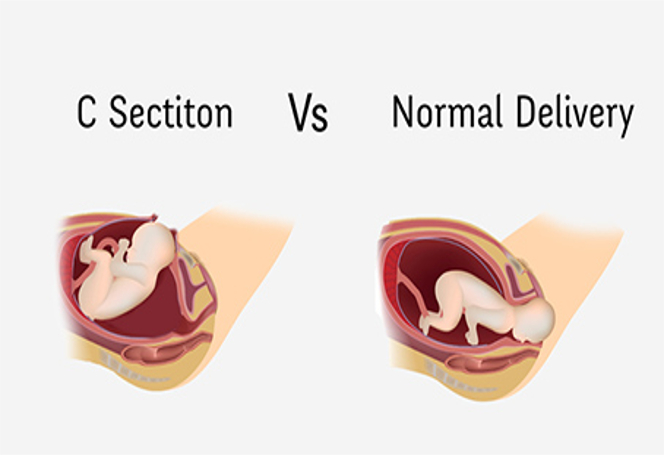Caesarean section, an invasive surgery of childbirth that leaves a scar and increases risk for future pregnancies. And the rate of C-sections is only increasing. Scientists says it is our fault because we are messing with evolution.
When mothers had pelvic bones too narrow to deliver their babies, historically it meant both the mother and the baby would die in labor, keeping those genes from being passed on. Modern medicine has made that particular tragedy far less common by allowing doctors to perform C-sections on those mothers.
But Dr. Philipp Mitteroecker, of the department of theoretical biology at the University of Vienna, says this medical breakthrough has consequences, according to the BBC.
“Without modern medical intervention such problems often were lethal and this is, from an evolutionary perspective, selection,” Mitteroecker told the BBC. “Women with a very narrow pelvis would not have survived birth 100 years ago. They do now and pass on their genes encoding for a narrow pelvis to their daughters.”
Because humans have larger brains and therefore larger heads than other primates, scientists have theorized that humans developed a wider pelvis, particularly women. But now evolutionary scientists wonder why the human pelvis did not continue to grow to make childbirth easier, and C-sections could partially explain that issue.
The rate of C-sections performed because a baby cannot fit through the mother’s birth canal has increased about 20 percent worldwide, from 30 out of 1,000 births in the 1960s to 36 out of 1,000 today.
“Our intent is not to criticize medical intervention,” Mitteroecker said. “But it’s had an evolutionary effect.”
“The pressing question is what’s going to happen in the future? I expect that this evolutionary trend will continue but perhaps only slightly and slowly,” Mitteroecker told the BBC. “There are limits to that. So I don’t expect that one day the majority of children will have to be born by (Caesarean) sections.”




